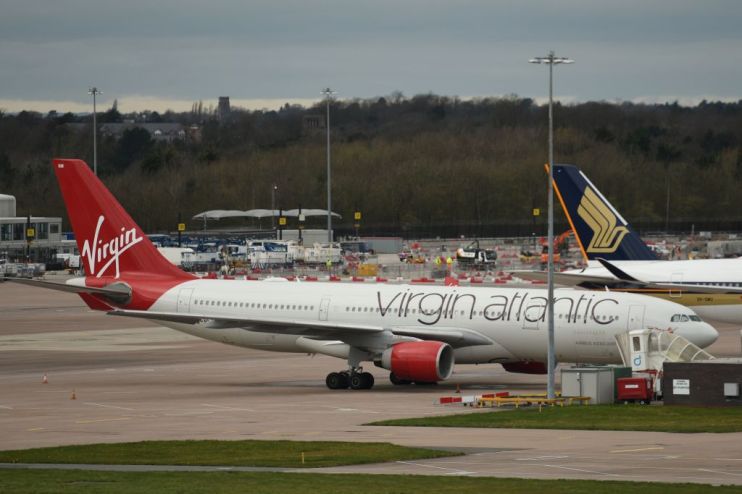Aviation chiefs plead for more help from government amid coronavirus chaos

Representatives of the UK’s airports and airlines have said that the government must do more to support the aviation sector, warning that it “does not understand the strategic role the industry plays in the economy”.
Speaking to the transport select committee, Tim Aldersdale, the chief executive of Airlines UK, said that there were “lots of levers the government could pull that it is not pulling to kick start the sector”.
His words echoed those of Regional and Business Airports Group deputy chair Debra Bowen-Rees, who said that the industry was still awaiting “real responses to the big questions”.
She added that the government should match the Scottish administration’s decision to suspend business rates for airports, which make up a “very large proportion of their bills”.
Karen Dee, chair of Airport Operators Association, said that the aviation sector had been hit earlier and would suffer for longer than most other industries.
As a result, she said, the government should make sure it extends measures like the job retention scheme, with any immediate recovery likely to be “piecemeal”.
In addition, airline specific taxes like air passenger duty should be suspended, she said.
With the Department for Transport’s aviation restart and recovery unit set to meet for the first time, the three also called for “internationally agreed measures” on how mass aviation could begin again.
Regional airports ‘vital lifelines’ for economy
They also called on the government to commence its regional connectivity review, which was outlined after the collapse of Flybe in March.
John Holland-Kaye, chief executive of Heathrow, said that regional airlines and airports were “vital lifelines for the regional economy”.
The demise of Flybe, Bowen-Rees said, had left a “huge gap” in the market, but the government needs to create the conditions to allow airlines to move into it:
“What we need is for the environment to be created that will enable the airlines that we have currently operating in the UK to move into that gap and continue providing that vital connectivity”.
On some of the routes in question, which link especially isolated places, airlines need to be given the same protections as they would under Public Service Obligation rules in order to take them on with confidence.
City A.M. has contacted the Department for Transport for comment.
UK risks giving up ‘huge national advantage’ to European rivals
Holland-Kaye also warned that if the government did not take steps to prop up the industry, it risked losing an “economic competition with our European friends”:
“The French and the Germans see aviation as being fundamental to the success of the economy. They were the first to step in and make sure their sectors would do well.
“We should remember this is an economic competition between ourselves and our European friends. They are looking to outmanoeuvre the UK; they want to have international aviation diverted to Charles de Gaulle, and Frankfurt, not through Heathrow.
‘If we don’t take the right steps here as the UK to protect the long term success of our aviation sector we will be giving up a huge national advantage to our rivals in France and Germany”.
Air France has received a €7bn loan from the national government, while German flag carrier Lufthansa is currently in negotiations with authorities over a €9bn deal.
A government spokesperson said: “We are continuing to work closely with the sector and are willing to consider the situation of individual firms, so long as all other government schemes have been explored and all commercial options exhausted, including raising capital from existing investors.”